Tvilah Help Desk
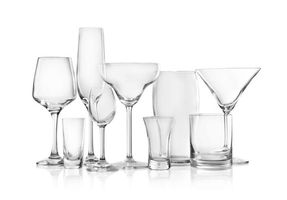
Glass requires tvilah with a bracha, regardless of where it’s made. This includes Pyrex, Corelle (plates/bowls), and glass cutting boards.
✅ Tvilah + Bracha
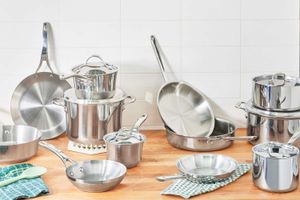
Metal items used with food require tvilah with a bracha. This includes stainless steel, cast iron, and aluminum (if not disposable).
✅ Tvilah + Bracha
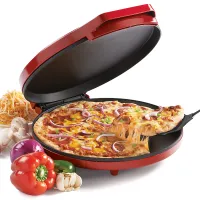
These require tvilah, but can usually be toiveled safely. Must be left to dry for 48 hours before use. Warranty may be voided, and it could shorten lifespan.
✅ Tvilah + Bracha, Drying Required
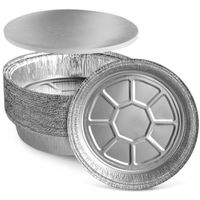
Disposable aluminum pans and utensils do not need tvilah — unless they're heavy-duty and intended for repeated use, in which case they do require tvilah with a bracha.
⚫ No Tvilah / ✅ Tvilah + Bracha (if reusable)
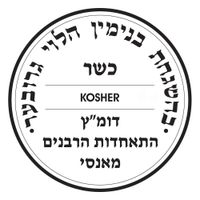
Appliances with a reliable hechsher (kosher certification) do not require tvilah, as the halachic requirements have been addressed by the manufacturer.
⚫ No Tvilah Required
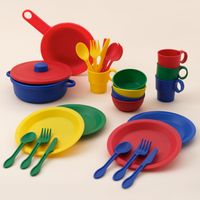
Plastic does not require tvilah. Even food-contact plastic items like baby bottles (if plastic), cutting boards, and colanders are exempt.
⚫ No Tvilah Required
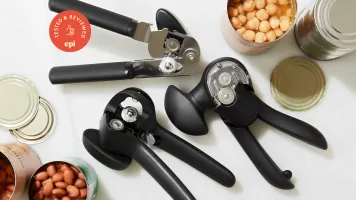
Items like can openers, oven racks, and dish racks do not need tvilah, since they don’t come into direct contact with food.
⚫ No Tvilah Required
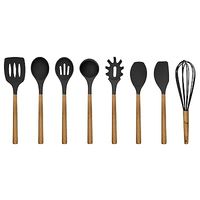
Items made from wood or rubber (e.g., cutting boards, spoons) do not require tvilah.
⚫ No Tvilah Required
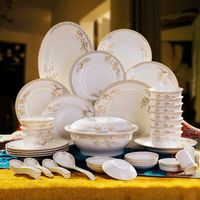
These are not obligated, but the minhag is to toivel without a bracha. This includes glazed stoneware, mugs, and fine china.
🟡 Minhag to Toivel- no Bracha
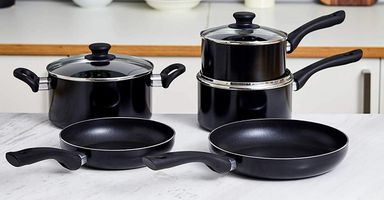
These require tvilah, but without a bracha, since the food touches the coating and not the metal base.
🟡 Tvilah, No Bracha
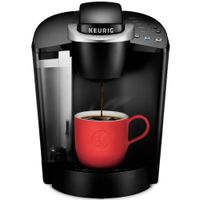
Toveling these will likely break the appliance. Do not toivel. Ask your rav or dayan for guidance.
🔴 Ask Your Rav
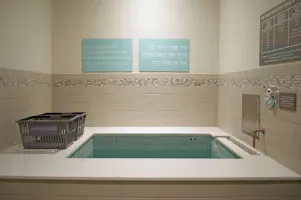
For a detailed chart about tvilah, click here:
https://docs.google.com/spreadsheets/d/1Ce7cWfx-zoPnZi0wHgqTBfRXFRxHcT8rBiRg37_CJ8I/edit?usp=sharing
